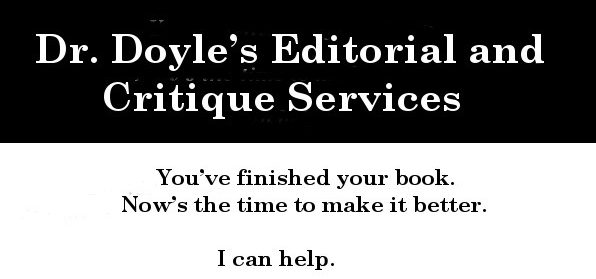All writers have them – those prose tics they exhibit when the going is either too fast, or too slow, for them to notice the word-by-word; those all-too-easy-to-fall-back-on scenes and tropes that can take the place of carefully-crafted or character-driven plotting*; those personal or political agendas that will take advantage of an unguarded moment to turn sneaky fictional persuasion into open polemic.
One of my own sins is a horror of being too obvious about things. Taken too far – as will happen, sometimes, despite all efforts to the contrary – this results in a story that lacks clarity because a lot of the necessary connective bits only exist inside my head.
So I’ve had to make a rule for myself: When in doubt, spell it out.
It’s a useful rule, at least if you’re me, or if that particular writerly sin is one of yours, as well.
Generally speaking, I find that if I have to ask myself, “Self, are you perhaps being a bit over-subtle right here?” the answer is usually, “Yes.”
Also – as I tell myself from time to time – don’t worry about being too obvious. It’s actually fairly hard to be too obvious, and if you are being too obvious, trust me, your editor or your beta readers will let you know.
(And if you’re Vladimir Nabokov or James Joyce or Gene Wolfe, then you’re playing a different game altogether and a different set of general rules apply. Also, you’re probably well beyond needing advice from me on anything, though possibly a good recipe or two might still be useful.)
*Not that “carefully-crafted” and “character-driven” should be taken as mutually exclusive!


I do sometimes wish Dorothy Dunnett had adopted your rule from time to time. I adore her work, but sometimes I just stay baffled.
She has a fondness for outside point of view on her protagonists, and most of her protagonists are positively opaque about their inward plans and motivations. (And while she sometimes eventually explains what’s going on, she often waits until another book in the series to do it in.)
But yeah, I think that she tends to overdo the subtlety a bit.
The late John M. Ford was another one for leaving things for the reader to figure out. Much as I admire his work, I do sometimes find myself muttering, “Would it have been too much to ask for you to throw the reader a clue once in a while?”
My friends and I joke we’re fending off dementia with the mental exercise required by Dunnett. I’ll have to add Ford to our list of preventive measures!
I blog quite often and I genuinely thank you for your content.
Your article has truly peaked my interest. I am going to book
mark your website and keep checking for new details about once per week.
I opted in for your Feed as well.